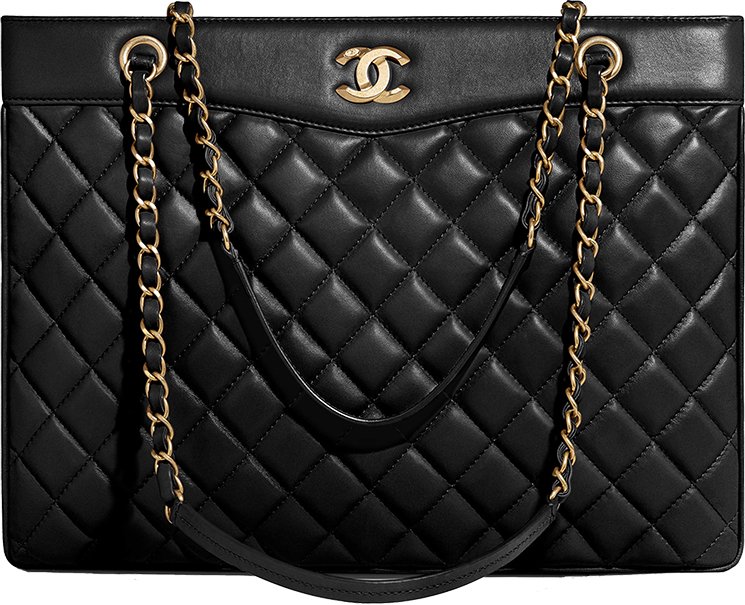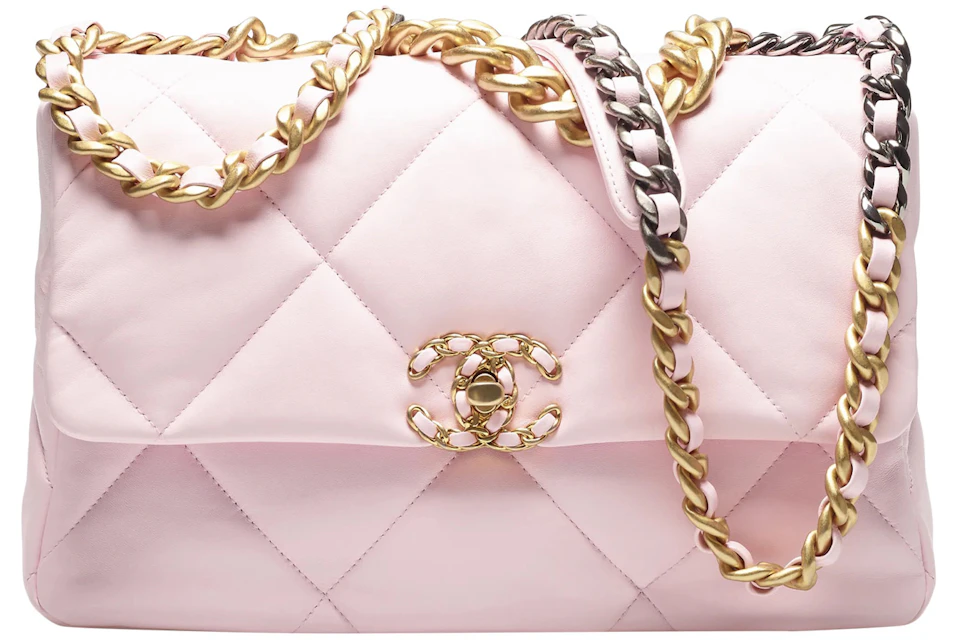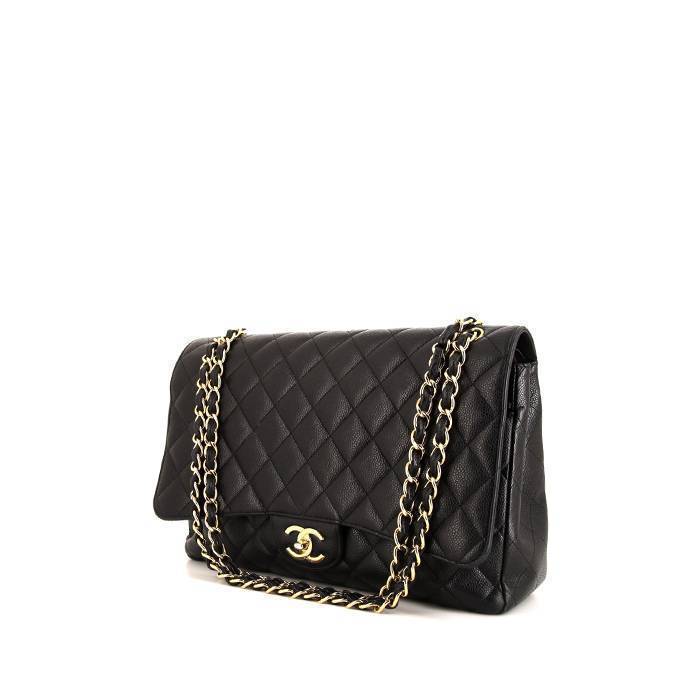
CHANEL 19 Large Handbag - Shiny lambskin, gold-tone, silver-tone & ruthenium-finish metal — Fashion | CHANEL

CHANEL MEDIUM/LARGE CLASSIC FLAP REVIEW, WEAR & TEAR, WHAT FITS & MOD SHOTS | CHANEL PRICE INCREASE - YouTube

Chanel small and large beige classic flap bags comparison | Chanel classic flap bag, Chanel classic bag outfit, Chanel bag classic

CHANEL 19 Large Handbag - Shiny lambskin, gold-tone, silver-tone & ruthenium-finish metal — Fashion | CHANEL

CHANEL 19 Large Handbag - Shiny lambskin, gold-tone, silver-tone & ruthenium-finish metal — Fashion | CHANEL

CHANEL Jumbo 13 "Maxi 2.55 Bolso bandolera con solapa y cadena Piel de cordero negra d66 - hannari-shop




















